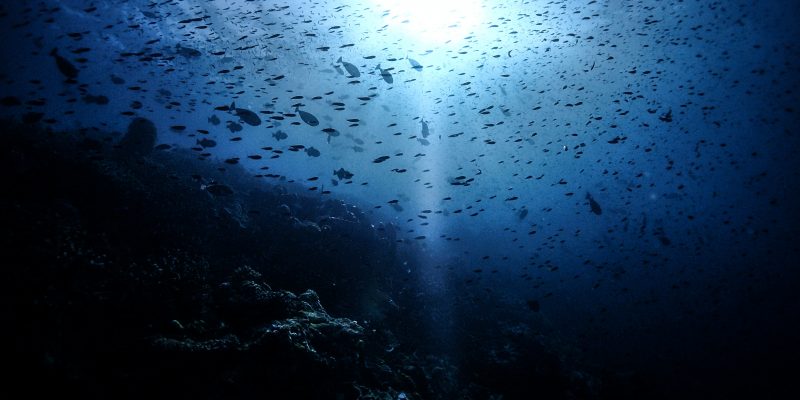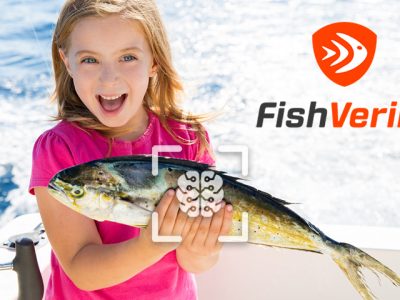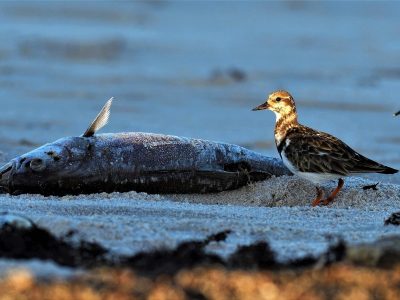Angling is a great way to spend time outdoors and to catch some fish, too. However, it’s important that we all do our part to help protect our fisheries.
If you’re an angler, make sure you read this post so you can help preserve our fisheries for future generations!
Conservation Basics You Should Know:
- The simple act of purchasing a fishing license, which is required by all states, may help to contribute to fishing conservation efforts like improving water quality and preserving healthy fish habitats. In some states seniors or children up to a certain age may not be required to have a fishing license.
- Always check the fishing regulations for your state and local area.
- By doing the above, you won’t keep fish that are oversized or undersized by mistake, as this can disrupt the spawning cycle and negatively impact the fish population.
- This might include having a measuring device on hand so you can accurately weigh your catch and knowing what are the correct seasons and bag limitations for each species,
- Ask yourself if you really need to keep all the fish that are within the legal regulations that you catch, or if it makes more sense to practice proper catch and release.
- If you do decide to keep fish that are within the legal regulations, be sure only to keep what you and your family plan to eat.
- If fishing with treble hooks, you can smash down the barbs with pliers to make it easier to release fish safely, or use barbless hooks when possible.
- When practicing catch and release using natural baits, use circle hooks whenever possible. Because circle hooks are shaped with the tip of the hook directed inward, these hooks tend to cause less harm to fish, and the fish can often be safely released back into the water without suffering from internal injuries.
[stu alias=”fishverify_blog”]
- If you must handle fish that you intend to release, use wet bare hands instead of a towel or cloth to avoid removing their slime coat. This slime coat helps protect the fish from predators and parasites. Slime coat is one of the fish’s main defenses against infection and disease, so it’s important that we don’t remove it. Release the fish as quickly as possible.
- Pack out what you pack. Meaning, pack out any trash after a fishing trip. Many public boat ramps have recycling bins for monofilament fishing lines that you can use. Do not throw any trash in the water.
- Do not feed wildlife such as alligators. Feeding alligators is illegal. Alligators that are fed will come to associate humans with food and will lose their natural fear.
- Take part in volunteer conservation efforts such as waterway and beach cleanup events. There are many local national and government organizations that coordinate waterway cleanup efforts that you can get involved in.
Most importantly, set a good example of conservation and share your conservation knowledge with other anglers and boaters. These fish and conservation basics will help you make better decisions about fishing, our ecosystems, and preserving healthy fish populations.
[/stu]


